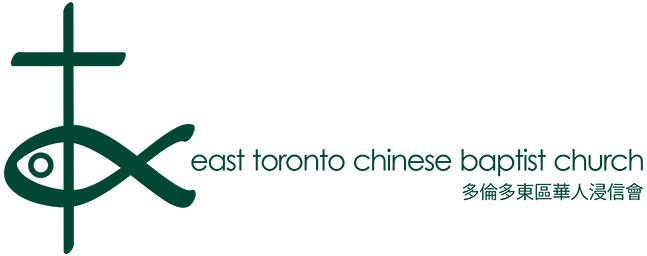By: Guru, Community Engagement Coordinator
As a Community Engagement Coordinator, it is my responsibility to hold meaningful events and help support the church, the community and local charities in a positive way. “Toxic Charity” by Robert D. Lupton is a book that has shifted my perspective on the work that charities do, and how they support their communities. The main idea of “Toxic Charity” is to reveal to others how charities have become toxic to those they serve. Charities giving out free food and distributing clothes encourage ever-growing handout lines and “diminishes the dignity of the poor while increasing their dependency” (Lupton 4). The author warns that one-way giving fosters dependency from the recipient and creates a toxic relationship between the donor and the recipient, that always ends up in someone being unhappy. Either the donor continuously giving resources and never seeing any results or improvement, or the recipient if their stream of resources is ever cut off.
However, this is not to say that helping others is wrong, and I do believe that giving food to those that need it is an essential service and many people do need it. Rather, community development projects and helping others escape poverty should also be valued along with providing others with food.
This is important because we are currently working with the St. Jude Food Bank in an effort to increase the number of donations the food bank receives. Many food banks are currently struggling because several volunteers have chosen to stay home due to the COVID-19 pandemic, and donations are rarer as fewer people are willing to give up the extra food they have and want to avoid going outside as much as possible. This leaves food banks with very few resources and puts them in danger of running out of food. As such, it is important to help them now because people who rely on the St. Jude Food Bank might receive less food than they were expecting and that could place a lot of strain and stress onto them.
Overall reading “Toxic Charity” and working alongside the St. Jude Donation Drive has been a very humbling experience and has shifted my views on many topics. I believe that the experiences I have gained and hardships I will face while working with this type of organization will provide me with valuable knowledge and insight in the future in the work that charities do, and in what ways they benefit the people they serve.
